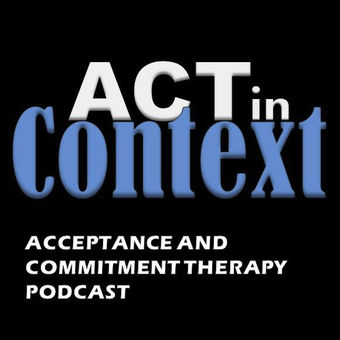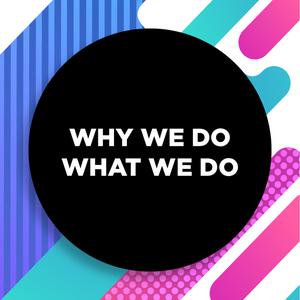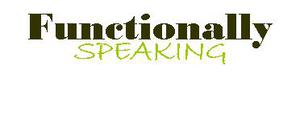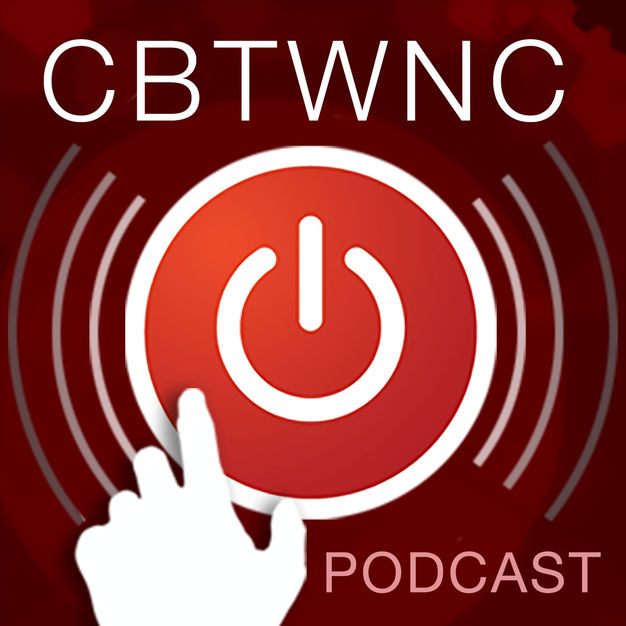
ACT in Context
Association for Contextual Behavioral Science
ACT in Context is freely available to anyone, and its episodes will take listeners on a journey from the history and development of ACT through its clinical application and the future of the work. This podcast will primarily focus on ACT, but it will often touch upon several related issues such as behavioral principles, the underlying theory of language (Relational Frame Theory) and philosophy of science. We hope that informal learners, potential consumers, researchers and clinicians alike find it useful.
- 11: ACT with Adolescents with Dr. Louise Hayes11: ACT with Adolescents with Dr. Louise Hayes Jen Plumb July 7, 2012 - 6:30pm
In this episode, Louise Hayes, Ph.D., Clinical Psychologist and academic at the University of Melbourne, Australia, discusses the use of ACT principles for therapeutic intervention with adolescents. She describes how to make ACT fun and interesting for this age group, as well as the unique challenges of doing this work effectively.
About Dr. Hayes
7 July 2012, 10:30 pm - 10: ACT for Coping with Trauma and PTSD with Robyn Walser10: ACT for Coping with Trauma and PTSD with Robyn Walser Jen Plumb March 17, 2012 - 4:21pm
In this episode, Robyn D. Walser, Ph.D., of the Dissemination and Training Division of the Dept of Veterans Affairs National Center for PTSD and former president of ACBS, speaks to Jen and John about an ACT approach to treating individuals who have survived trauma and who struggle with post-traumatic stress. Listen and learn with Robyn as she discusses the role of acceptance, mindfulness, and values-based work to help individuals learn to live with, and live far beyond, their trauma histories.
About Dr. Walser:
17 March 2012, 8:21 pm - 09: An Introduction to Committed ACTion with Daniel J. Moran09: An Introduction to Committed ACTion with Daniel J. Moran Jen Plumb November 27, 2011 - 2:42pm
In this episode, Daniel J (DJ) Moran, Ph.D., of Pickslyde Consulting, and co-author of the book ACT in Practice: Case Conceptualization in Acceptance and Commitment Therapy, discusses committed action, or the behavioral "meat" of ACT. Join Jen and John as they discuss bringing it all together, using behavioral principles, behavior therapy techniques, and the other 5 ACT process to promote patterns of behavior that are vital and healthy.
About Dr. Moran:
27 November 2011, 7:42 pm - 08: An Introduction to Values with Joanne Dahl08: An Introduction to Values with Joanne Dahl Jen Plumb October 20, 2011 - 12:04am
In this episode, Joanne Dahl, Ph.D., Associate Professor and senior lecturer of Psychology at University of Uppsala in Sweden and co-author of the book The Art and Science of Valuing in Psychotherapy: Helping Clients Discover, Explore and Commit to Valued Action Using Accceptance and Commitment Therapy, discusses personal values from an ACT perspective. Join Jen and John as they identify values and learn about leading a life directed by values, even when life is challenging.
20 October 2011, 4:04 am - 07: An Introduction to Contacting the Present Moment with Kelly Wilson07: An Introduction to Contacting the Present Moment with Kelly Wilson Jen Plumb September 6, 2011 - 10:41pm
In this episode, Kelly Wilson, Ph.D., Associate Professor of Psychology at the University of Mississippi, and co-author of the original ACT book, discusses contacting the present moment from an ACT perspective. Join Jen and John as they practice noticing and being present with Dr. Wilson throughout this intriguing look at present moment awareness as it relates to our own experiences, as well as being with others in a deeply connected way.
About Dr. Wilson:
7 September 2011, 2:41 am - 06: An Introduction to Self-As-Context with Matthieu Villatte06: An Introduction to Self-As-Context with Matthieu Villatte Jen Plumb August 4, 2011 - 6:25pm
In this episode, Jen and John talk with Dr. Matthieu Villatte. A native Frenchman and formerly a post-doctoral fellow at the University of Nevada Reno, and currently Assistant Professor of Psychology at the University of Louisana Lafayette, he discusses self-as-context in this edition of the ACT processes series. Dr.
4 August 2011, 10:25 pm - 05: An Introduction to Defusion with Russ Harris05: An Introduction to Defusion with Russ Harris Jen Plumb June 17, 2011 - 3:51pm
In this episode, Jen and John talk with Russ Harris, MD about the process of defusion in ACT. Listeners will go on a journey of discovering the tricky aspects of language and thinking, and learn skills that can be used to become less caught up in thoughts so that they can live more free and meaningful lives.
About Dr. Harris:
17 June 2011, 7:51 pm - 04: An Introduction to Acceptance with Sonja Batten04: An Introduction to Acceptance with Sonja Batten Jen Plumb May 24, 2011 - 8:31pm
In this episode, Jen and John talk with Sonja Batten, Ph.D., a clinical psychologist who works on national mental health policy for the United States Department of Veterans Affairs (VA) and author of the recently released book Essentials of Acceptance and Commitment Therapy. Dr. Batten discusses the Acceptance process as one part of the ACT model.
25 May 2011, 12:31 am - 03: The History and Development of ACT with Steven Hayes03: The History and Development of ACT with Steven Hayes Jen Plumb April 23, 2011 - 3:29pm
In this episode, Jen and John talk with one of ACT's founders, Steven C. Hayes, PhD, professor of psychology at the Univesity of Nevada, Reno. Dr. Hayes discusses the historical factors within psychoanalysis, behaviorism, and the cognitive therapy movement that led to the development of ACT. He also sets the stage for our listeners to understand a bit about what Contextual Behavioral Science means, and how it relates to ACT and RFT.
23 April 2011, 7:29 pm - 02: An introduction to ACT Part 202: An introduction to ACT Part 2 admin April 4, 2011 - 5:38pm
In the second part of this introductory eiposde, our listeners hear from Jen and John again as they describe more about what ACT is and what our listeners can expect on the podcast journey.
4 April 2011, 9:38 pm - More Episodes? Get the App
Your feedback is valuable to us. Should you encounter any bugs, glitches, lack of functionality or other problems, please email us on [email protected] or join Moon.FM Telegram Group where you can talk directly to the dev team who are happy to answer any queries.
 ABA Inside Track
ABA Inside Track
 Why We Do What We Do
Why We Do What We Do
 Functionally Speaking
Functionally Speaking
 ACT: Taking Hurt to Hope - JoAnne Dahl
ACT: Taking Hurt to Hope - JoAnne Dahl
 CBT Radio
CBT Radio